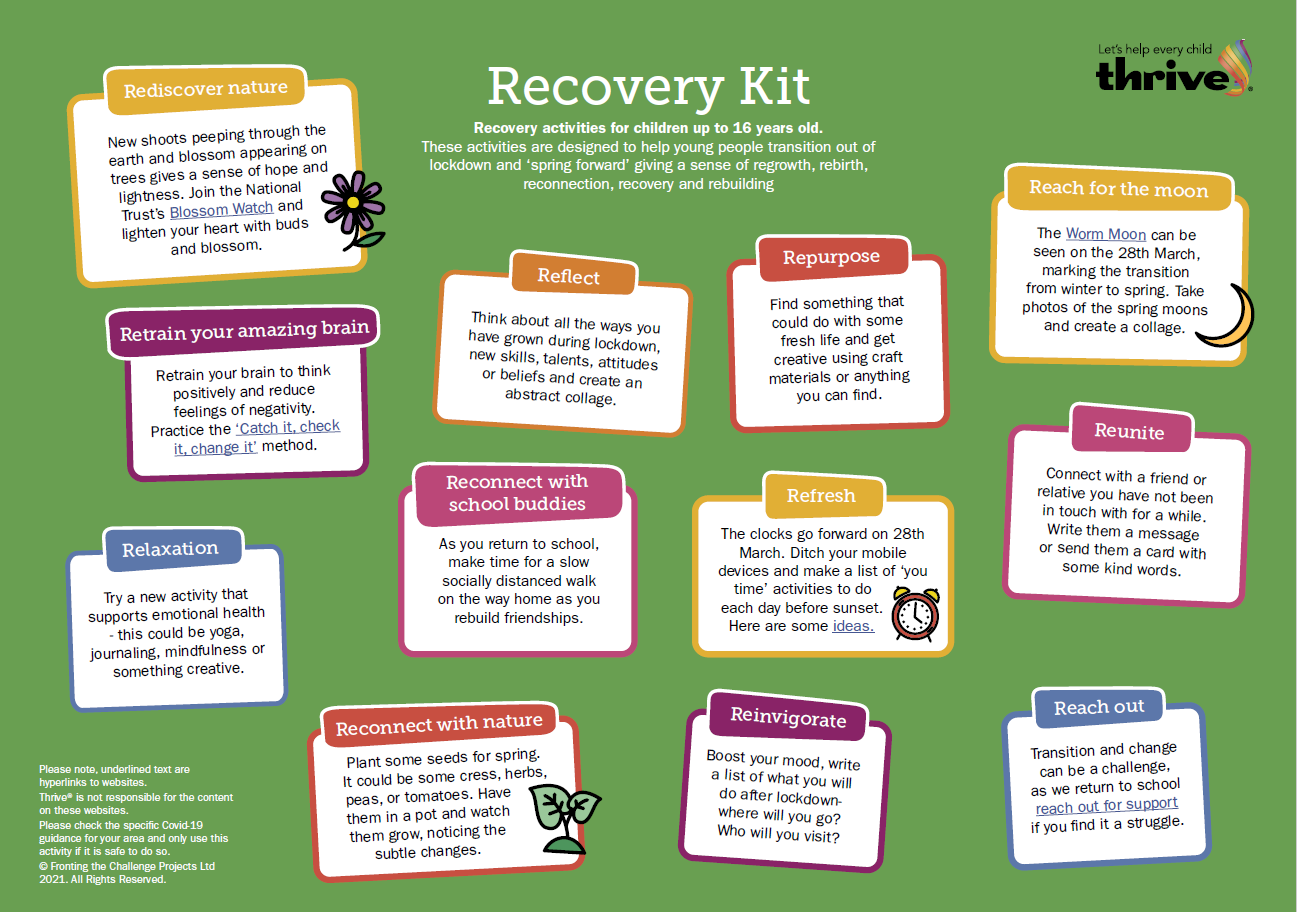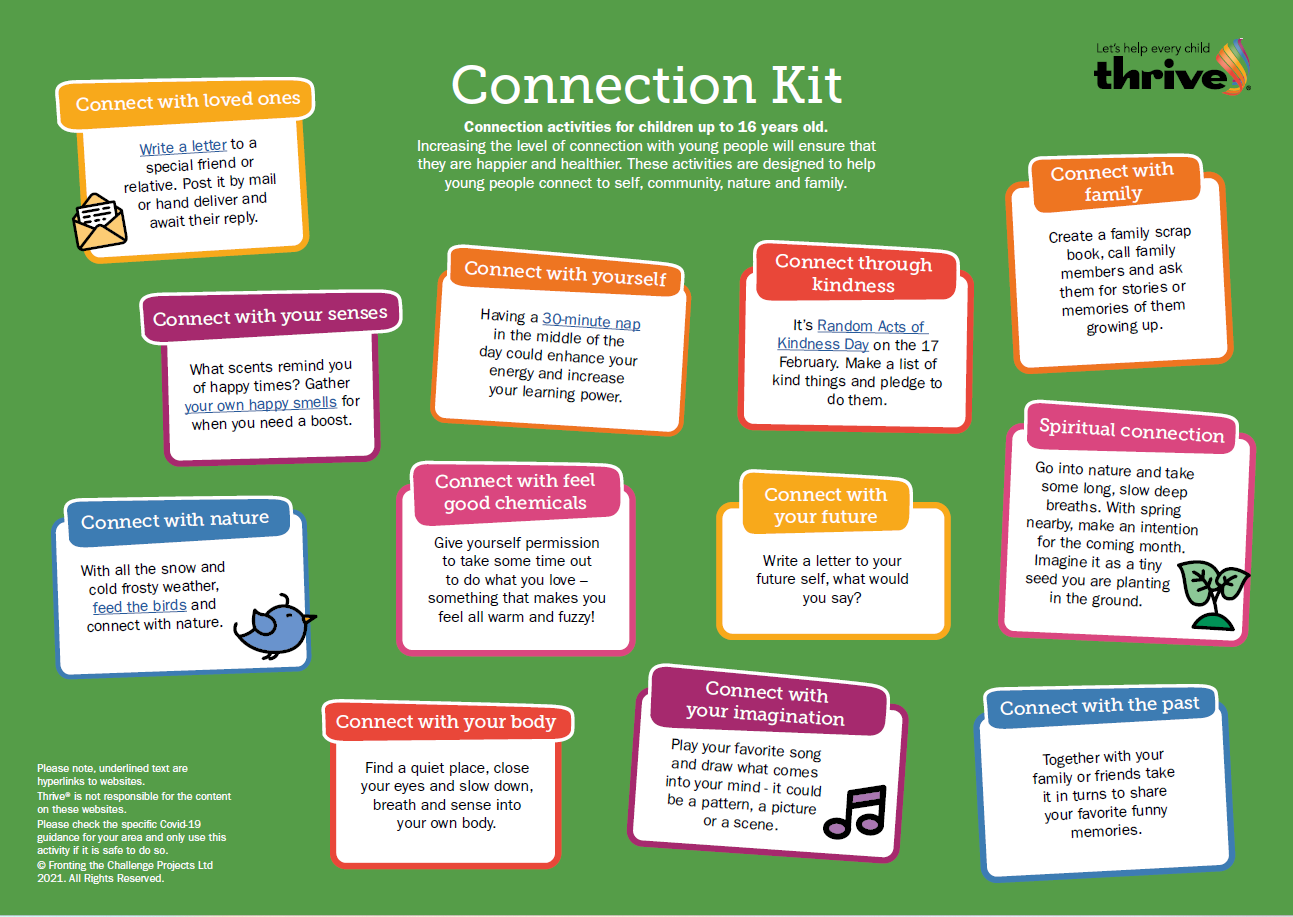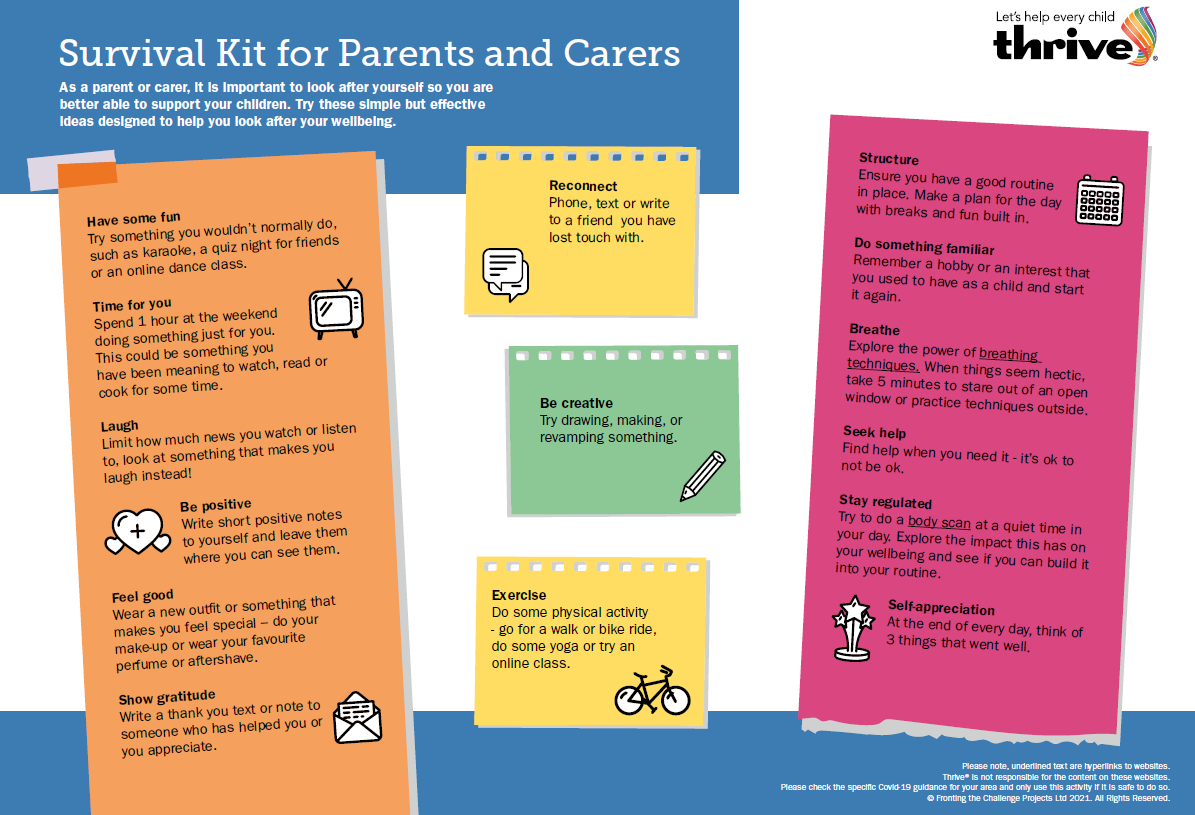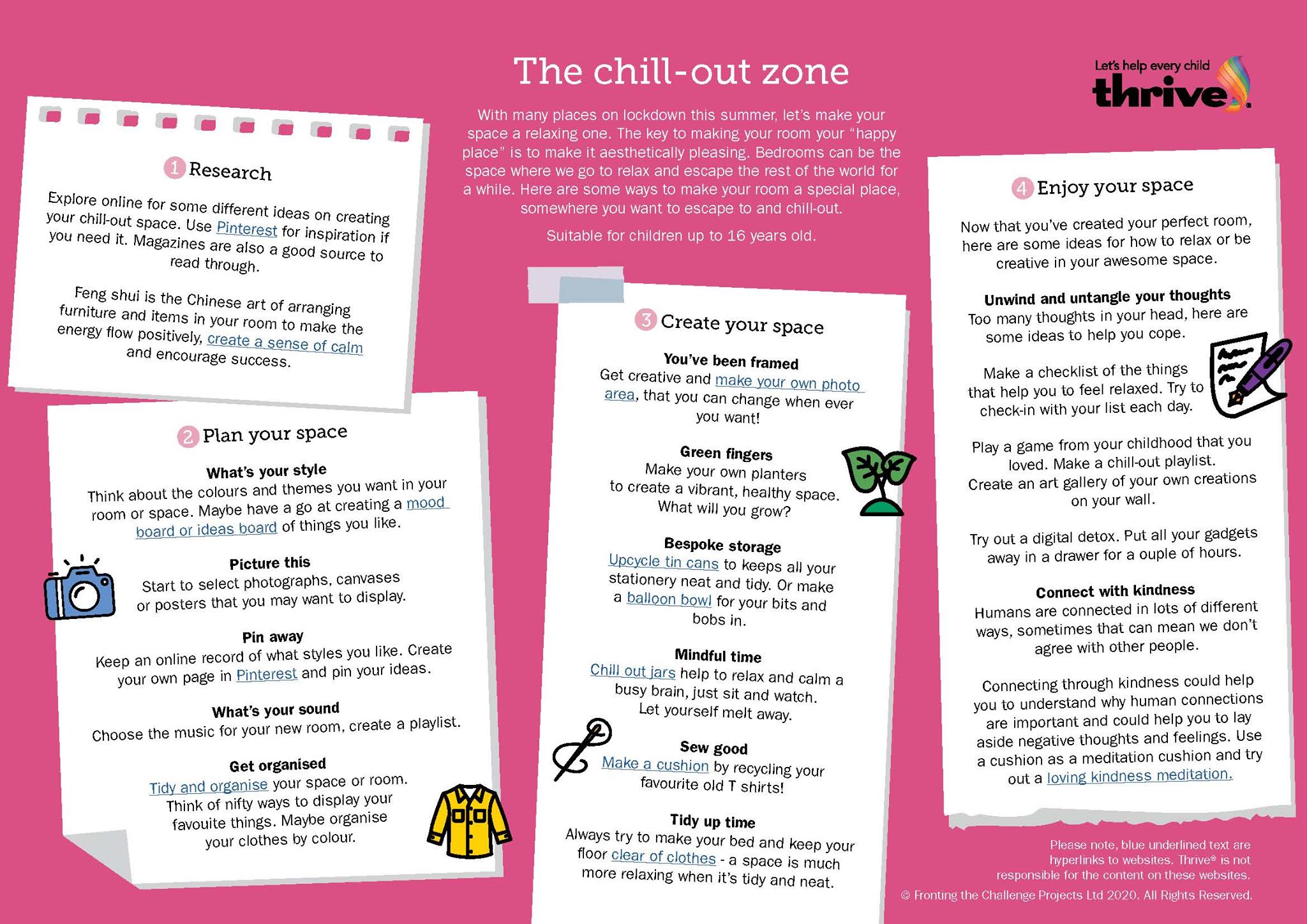
what is the thrive approach?
Thrive offers a trauma-informed, whole school or setting approach that helps to improve the mental health and wellbeing of children and young people. We do this by providing you with training, resources and an award-winning online tool, so you can better understand the needs of your pupils and provide targeted, effective support where it’s needed
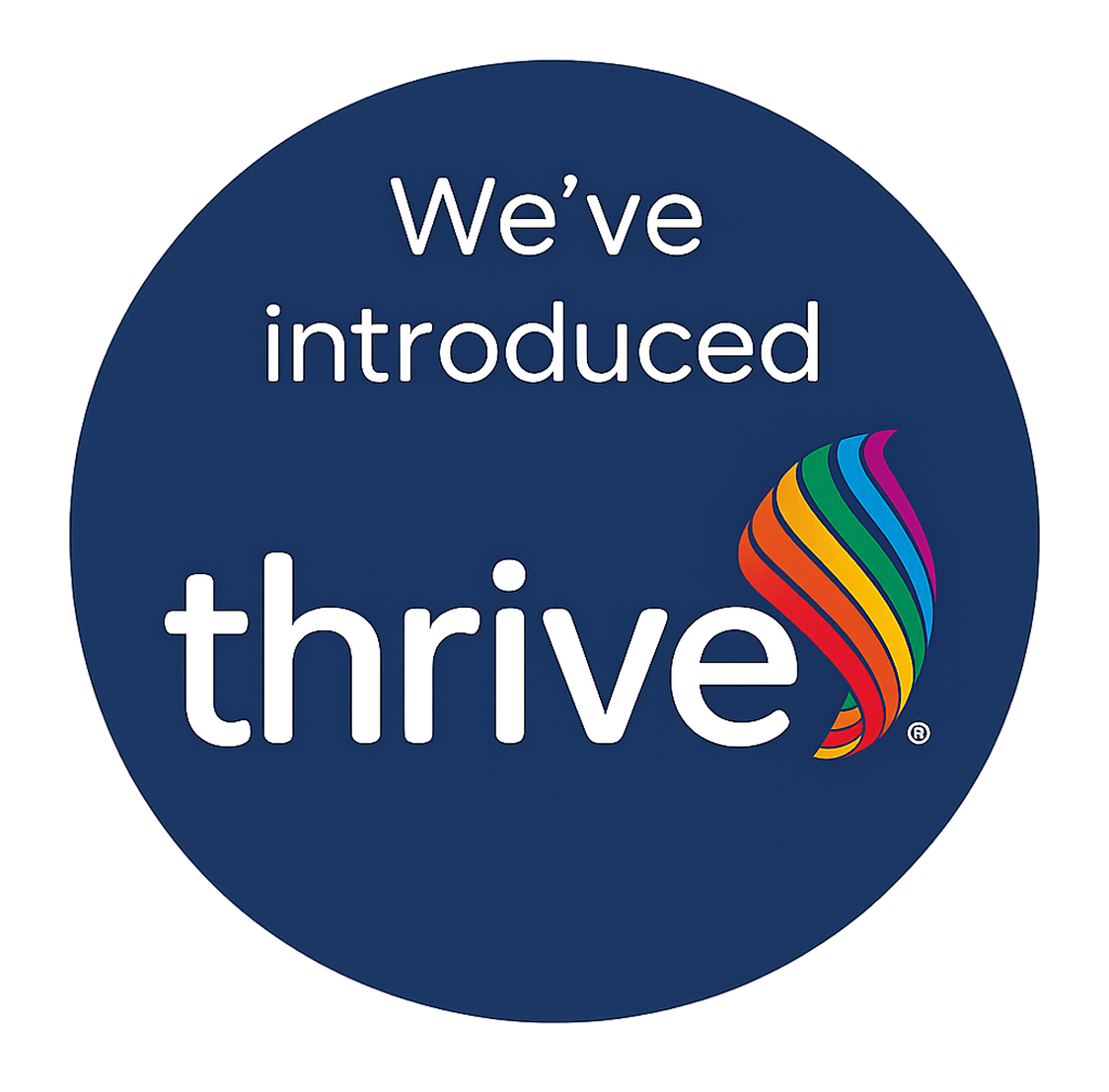
How and why Thrive started
"I've been s'cluded."
This was the response a six-year-old boy gave to Thrive co-founder Roe Lovelock in the early 1990s when she got chatting to his mum in a supermarket and asked him why he wasn’t in school.
The child, who couldn’t even say the word excluded, let alone understand the concept of exclusion, made a big impression on Roe, a social work trainer. To her, it spoke volumes about the flaws in the education system of the day and highlighted what needed to change. Roe and the three other co-founders of Thrive (Jan Banks, a psychotherapist; Julia Bird, a Gestalt psychotherapist and educationalist; and Lynne Tarrab-Snooks an integrative psychotherapist and educationalist) kept hearing about children who had been excluded, often from several schools, and often at a young age.
They could see the damage this was doing to a generation of children and young people and the impact exclusions were having on their life chances, including the increased risk of outcomes including criminality, substance abuse and gang membership.
behaviour stems from unmet need
They believed that children’s behaviour stems from unmet need and that until this need is met, children are unable to change their response to circumstances.
The Thrive Approach was born out of the passion these experts felt to effect change in the education system and beyond, to make places of compassion and understanding that seek to meet young people’s needs, rather than punish them for behaviour that is not a conscious choice. They combined aspects of theory and expertise in their respective fields to define key developmental needs and provide responses and activities to help strengthen children and young people’s engagement in learning and life.
With the growing crisis in children and young people’s mental health, Thrive is needed now more than ever and our focus has broadened from the specific issue of exclusions to the wider issue of poor mental health in young people including problems with behaviour, attendance and attainment.
As a centre, we have embedded Thrive into our setting as a central part of how we support and track the emotional development and wellbeing of the young people we work with. Please find some examples of helpful resources below and do get in touch if you have a young person you would like to discuss.
Resources
Stay up to date
Get in touch
Got a question, story to share or need some extra info?
